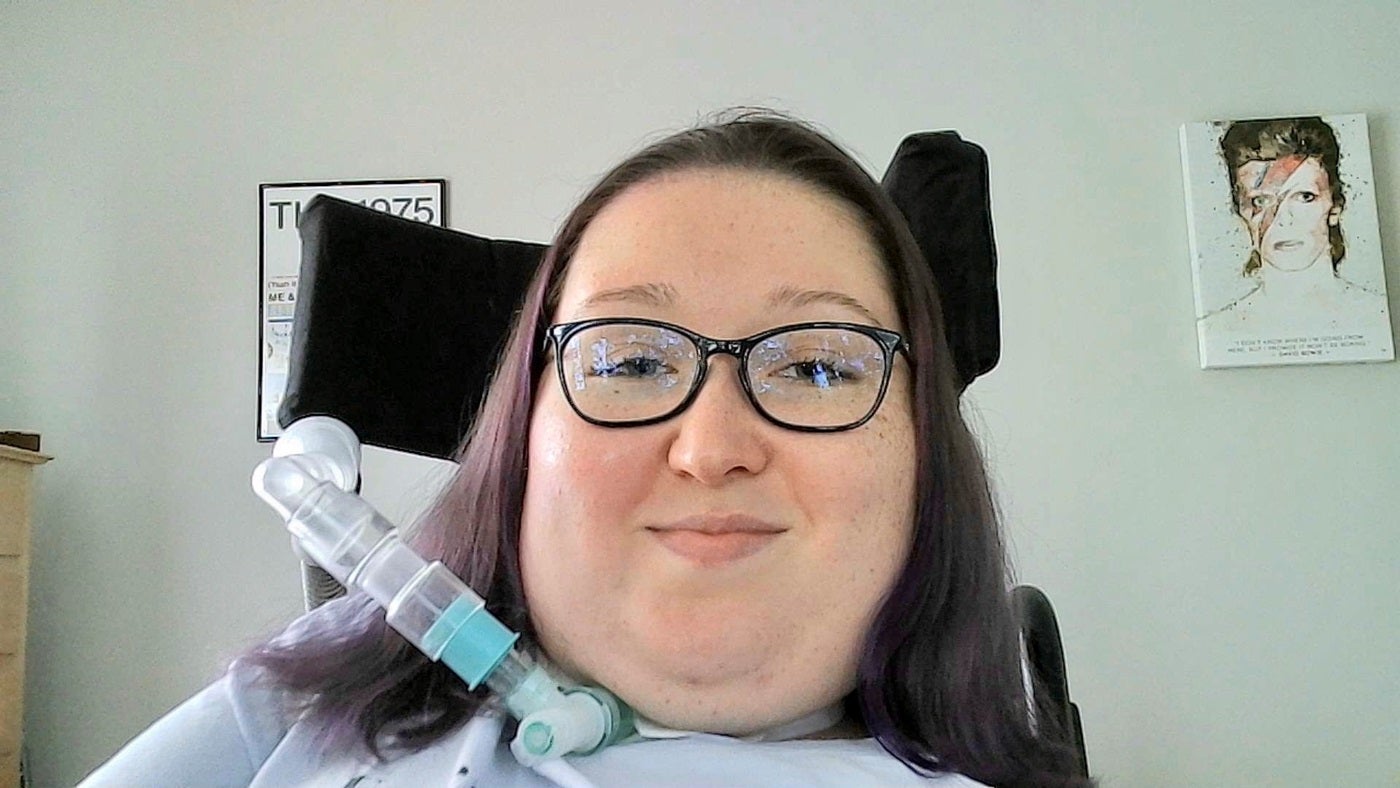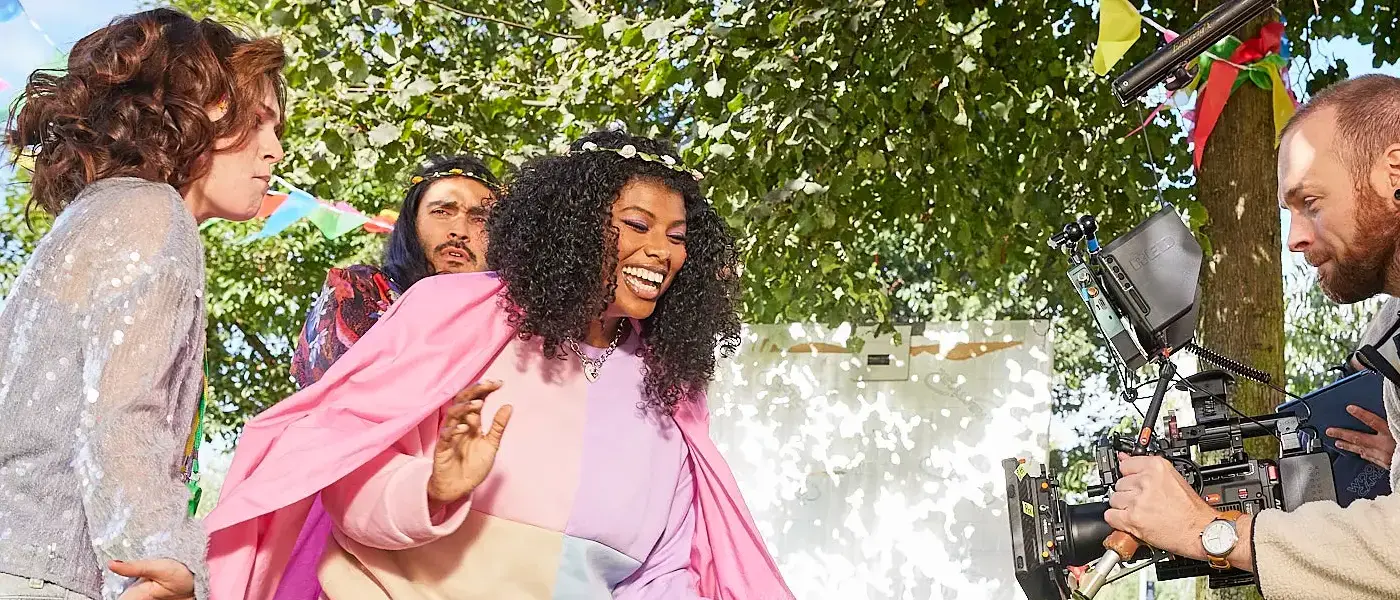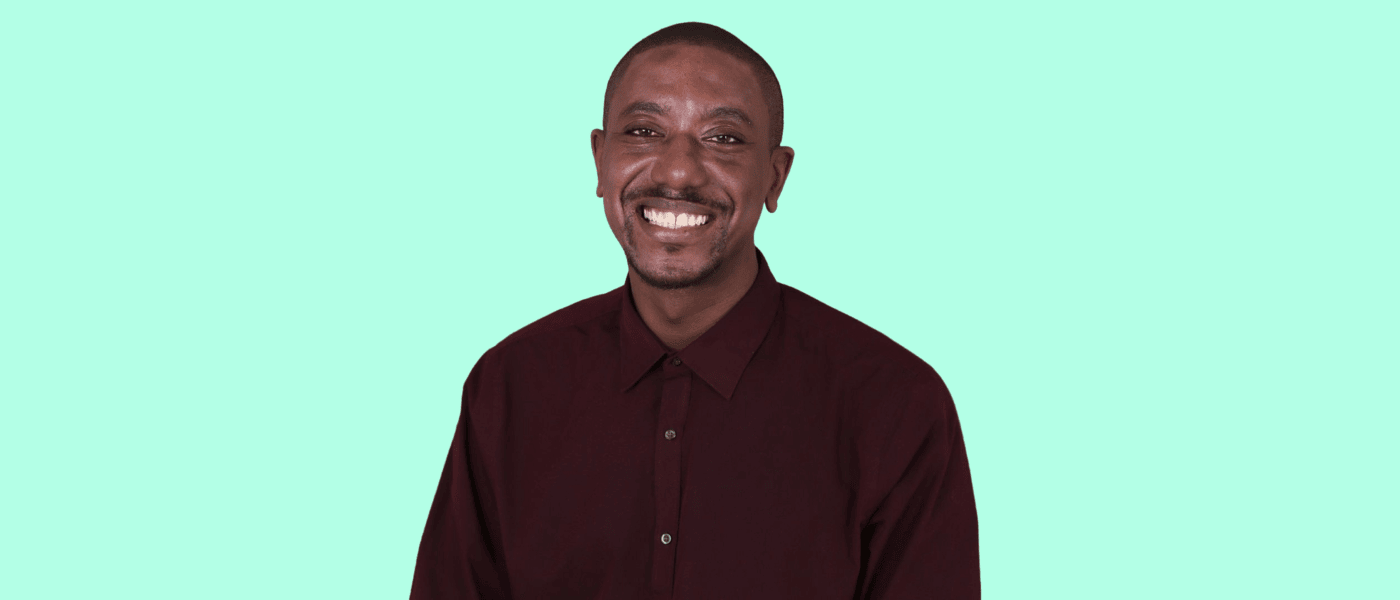- Home
- News and stories
- The impact of shielding will continue long after the roadmap finishes
The impact of shielding will continue long after the roadmap finishes
 17 March 2024
17 March 2024
I've been a full-time wheelchair user pretty much my entire life.
I have spinal muscular atrophy. It's a type of muscular dystrophy which means all of my muscles are very weak and they get progressively weaker.
In 2009 I contracted Swine Flu and, as a result of that, I'm now on a ventilator via a tracheotomy.
Shielding is so different from what my life was like before
Before Coronavirus, my life was really active. I commuted into central London about 3 days a week, and I absolutely loved it.
I'm definitely not one for being at home, it would be rare if there were a couple of days together where I wasn't out going to gigs, running errands, or at work.
I started shielding before the first lockdown happened because of my history with Swine Flu.
I thought I'd be back in the office by the end of the month, but I didn't want to take the risk on public transport.
So, I went from that situation, thinking it was going to be over quickly, to being stuck at home for a year, not being allowed to go anywhere and worrying that anyone could potentially give me the virus.
There is a risk every time your carer comes in that they could be an asymptomatic carrier
The only people I've seen are my parents and my older sister who I live with, and then my team of 6 carers.
It’s a massive worry that one of my family members or carers will get Covid because, not only would that pose a huge risk for me and my health but, also, it would really affect the care that I receive.
From the beginning, I knew that some disabled people would choose not to have their carers come in because of the safety aspect of it. That was never an option for me.
My team is amazing. They're being really careful and will always let me know if there's a potential exposure so we're able to act on that quickly. But the worry is always there.
My overall experience shielding since March 2020 has been very difficult
Shielding has had a big effect on my mental health. My physical health has also deteriorated in other ways. This has had a knock-on effect on my mental health.
I really struggled not to be able to see friends and family or go to work, and participate in society in the ways that are important to me and that make me feel fulfilled.
It's been so difficult looking back at this whole year. There was all that time of not knowing when we were going to get a vaccine and then, when the vaccine did start getting rolled out, other people were getting it before I did.
When you know that if you contract Covid you're incredibly likely to become seriously ill and, potentially, die from it, it was hard to not be given the first round of immunity towards that.
I’ve found shielding really hard. I want it to be over, but I know that it's not going to be over completely for a very long time.
I think there's going to be lasting mental health impacts, not just for me, but for so many disabled people after this
When shielding finishes and even when restrictions start easing, I think the Government needs to be mindful that so many disabled people will still feel unsafe and they'll feel very anxious about re-entering the world again because it's been so long.
I don't think that you can just give a date and say, 'Right. Shielding has ended. Let's go back to normal.', because when you've been conditioned to be stuck at home and not see anyone or do anything for a year it's not an on/off switch.
There are lasting affects that this time is going to have on everyone, but especially on disabled people who have been shut away and scared for over a year.
Read more about our campaign to ensure disabled people are included in government plans and take action.
Together we won’t let disabled people be forgotten. #WontBeForgotten
 17 March 2024
17 March 2024








